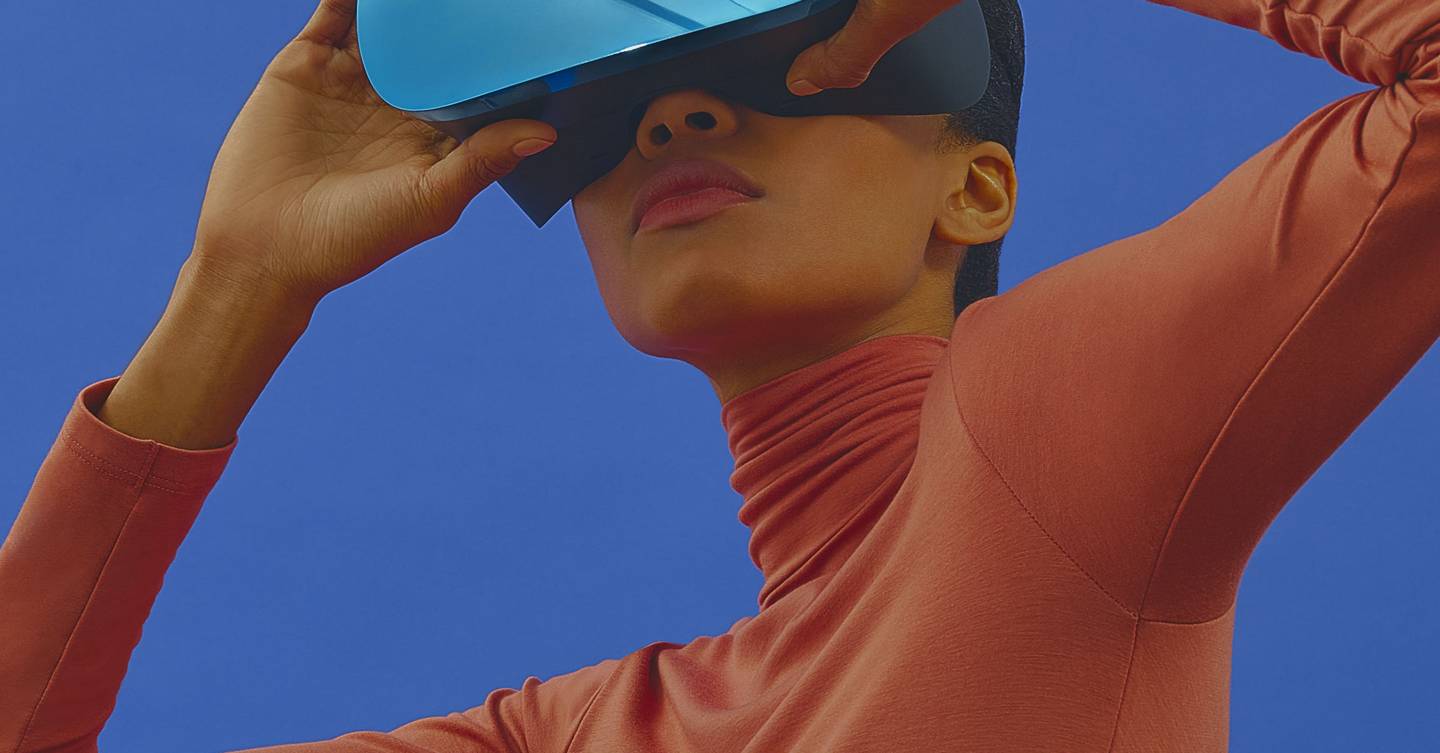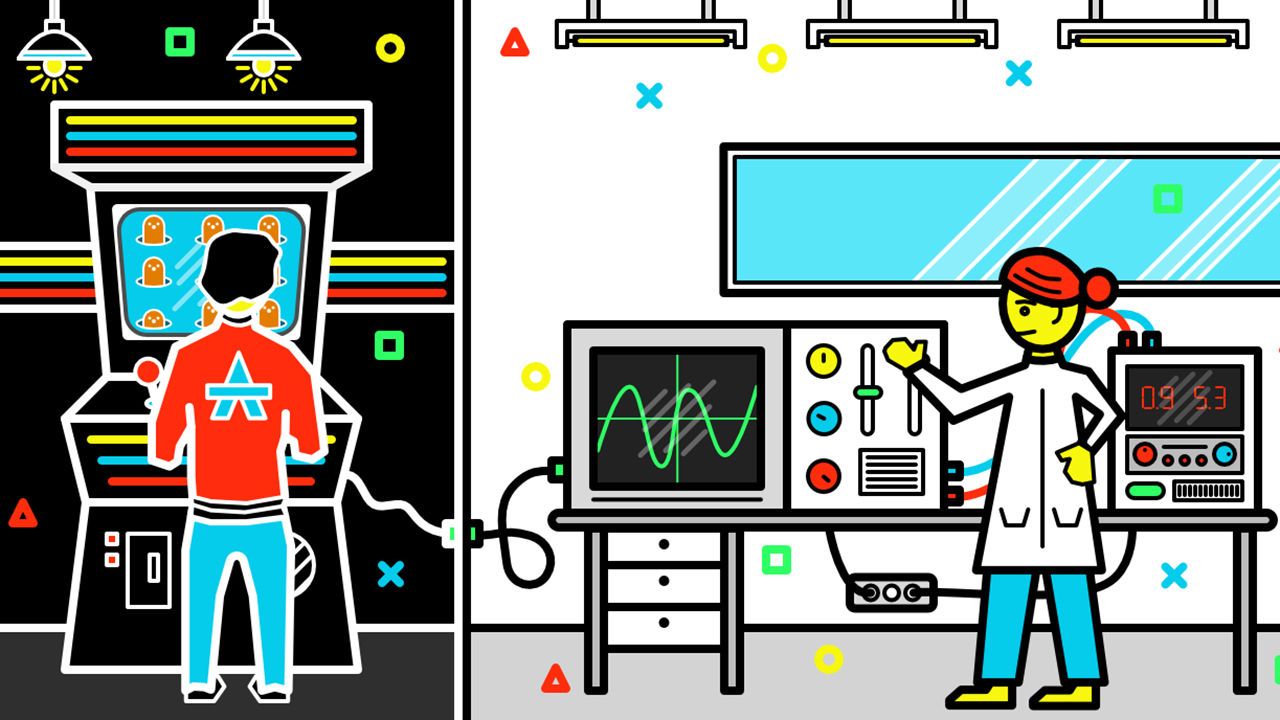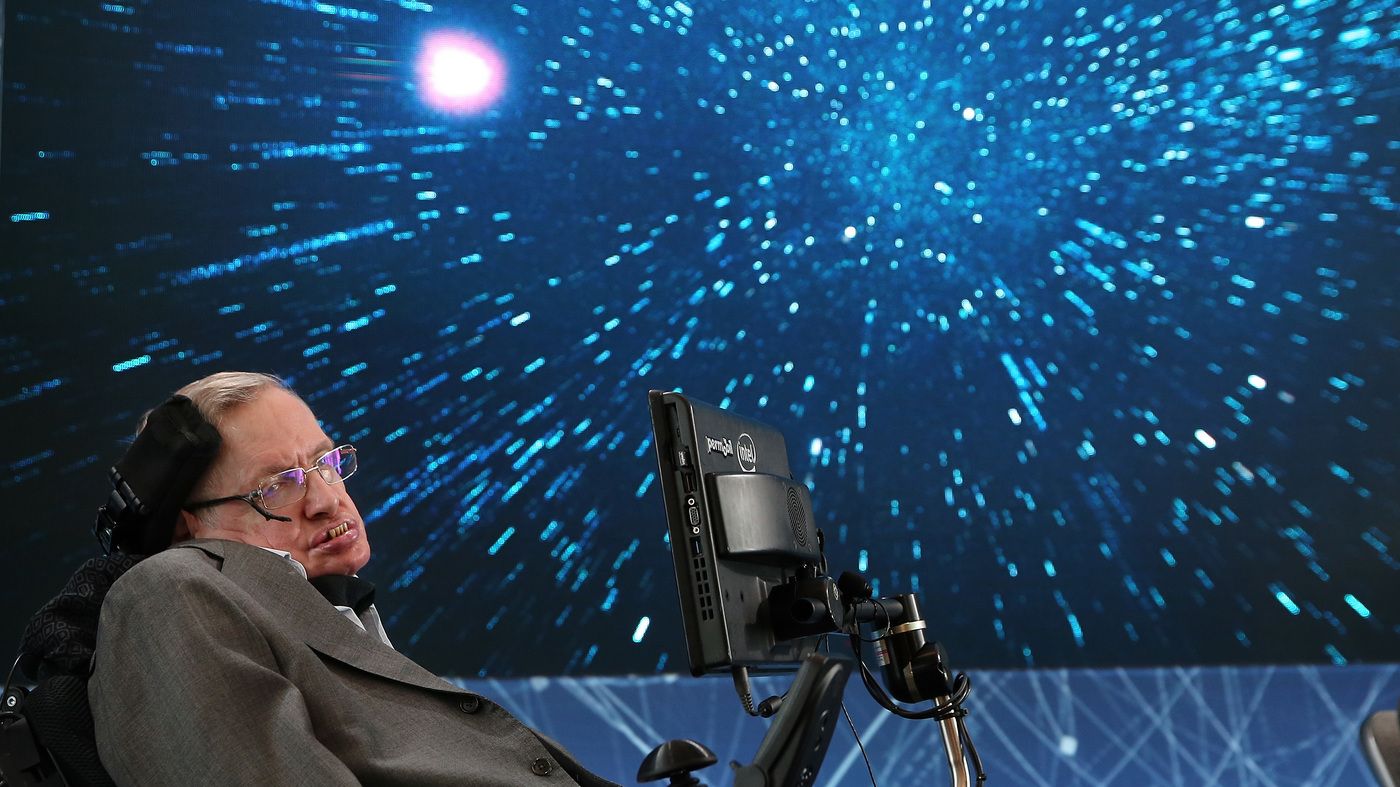Did you feel it?
Billy Dee Williams, who played the galactic gambler Lando Calrissian, will reprise the role for ‘Star Wars: Episode IX,’ the next installment from Lucasfilm.

The Bcon wearable gaming controller can be worn on your head or foot.

Want a place to discuss science, futurism, technology and the impact of their applications on society? Join the ‘Singularity’ Discord server:
Step up your game with a modern voice & text chat app. Crystal clear voice, multiple server and channel support, mobile apps, and more. Get your free server now!




It seems that Microsoft isn’t done experimenting with blockchain technology.
Microsoft and Ernst & Young (EY) announced the launch of a blockchain solution for content rights and royalties management on Wednesday.
The blockchain solution is first implemented for Microsoft’s game publisher partners. Indeed, gaming giant Ubisoft is already experimenting with the technology.

Neural networks running on GPUs have achieved some amazing advances in artificial intelligence, but the two are accidental bedfellows. IBM researchers hope a new chip design tailored specifically to run neural nets could provide a faster and more efficient alternative.
It wasn’t until the turn of this decade that researchers realized GPUs (graphics processing units) designed for video games could be used as hardware accelerators to run much bigger neural networks than previously possible.
That was thanks to these chips’ ability to carry out lots of computations in parallel rather than having to work through them sequentially like a traditional CPU. That’s particularly useful for simultaneously calculating the weights of the hundreds of neurons that make up today’s deep learning networks.
It’ll be like that movie Passengers, but less creepy. #til

Hawking is being interred at Westminster Abbey on Friday, with a thousand members of the public (selected through a lottery system) present for the ceremony. The physicist’s remains will be placed between those of Isaac Newton and Charles Darwin.
His voice will be broadcast into space after the service honoring his life.
Hawking’s words “have been set to an original score by composer Vangelis, most famous for his Chariots of Fire film theme,” the BBC reports.